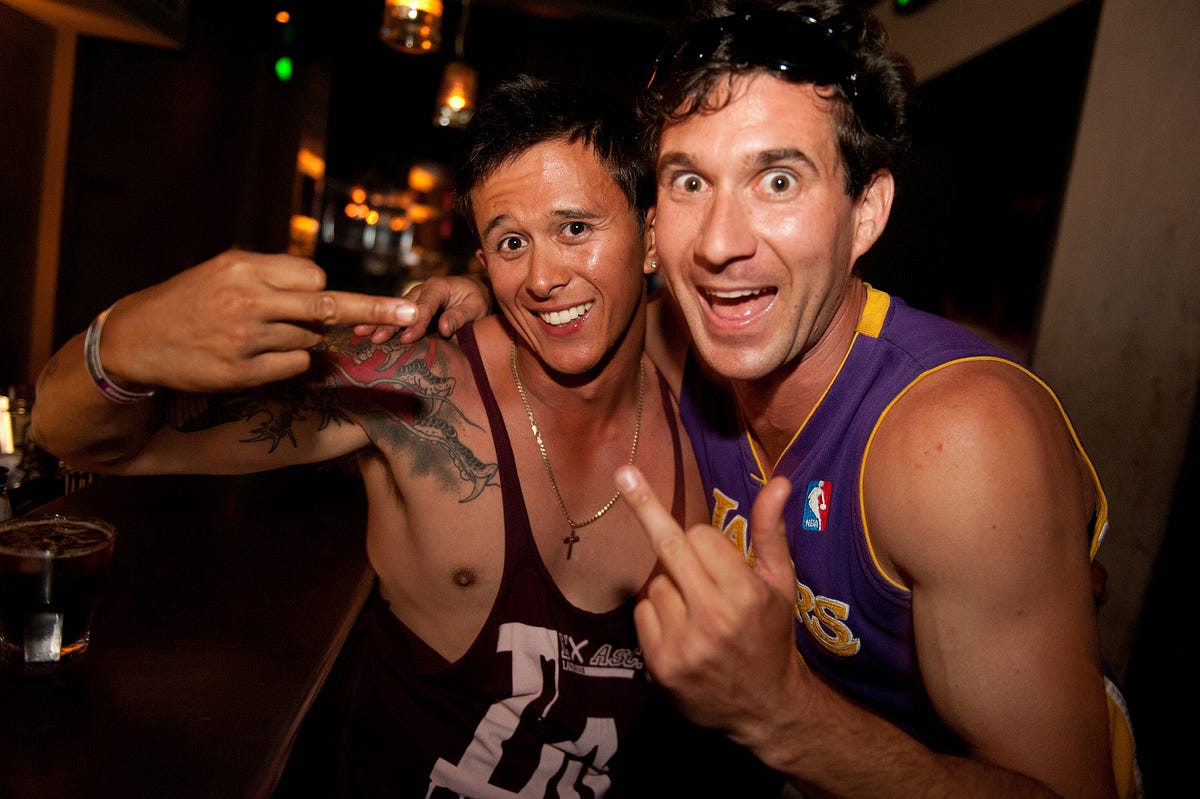Enjoy!
You can also download a free app for this workout.EXOS Creates the Advanced 7-Minute Workout for The New York Times
The New York TimesLooking to provide their readers with a more challenging 7-minute workout following the release of last year's Scientific 7-Minute Workout, writer Gretchen Reynolds turned to Mark Verstegen and the EXOS team. The result, the Advanced 7-Minute Workout which provides a series of exercises focused on upper body, lower body, and torso strength and mobility.
The workout, which can be completed with minimal equipment (dumbbells only) and space, focuses on elements that can be challenging but completed by a variety of fitness levels.
* * * * *
5 Good tips here.Quick and Easy Ways to Feel and Move Better: Installment 60
Written on October 24, 2014, by Eric Cressey
This installment of quick training and nutrition tips comes from Cressey Sports Performance coach Miguel Aragoncillo.
* * * * *
Crawling Your Face Off
Dean Somerset | Posted October 24, 2014
I’m a big fan of crawling, and not just for infants, frat boys on Saturday nights, or sniper ninjas sneaking up on their unsuspecting opponents. Crawling is one of those basic “template movements” where a lot of things can happen simply from that position to make adjustments, give variations, and produce entirely different exercises based on who you’re working with, scaled from rehab to elite athlete.
It’s a basic developmental movement that allows infants to go from stationary, using only rolling patterns to move from one place to another, to being somewhat mobile and able to explore their environment. In adults, it’s a challenge to the shoulders, core and hips as the quadruped position redistributes gravitational forces in new directions that we’re not used to. Upright standing puts more emphasis on axial compression, whereas crawling causes the spine and core to manage forces through the transverse plane and to manage low level shear stresses through the spine. The hips are working on a flexed position, and the shoulders are working on bearing weight with a locked out elbow, meaning the scapulae and muscles around it are working to keep the scaps from slapping off the rib cage. Like I said, there’s a lot going on.
* * * * *
And now, the usual several articles from T-Nation.
20 Ways to Train Smarter
by Bret Contreras | 10/21/14

Here's what you need to know...
1. Don't let the hips shoot up during squats and deadlifts.
- Do leg presses while wearing Olympic shoes to really target the quads.
- Position the hands on the outside of the dumbbells when curling. It creates an insane burn in the biceps while saving the elbows and forearms.
- If dips hurt your shoulders, do band dips where you attach two bands to the top of a rack. Great for pec and triceps activation.
- Brace yourself during single-leg lifts by holding onto a bar or rack for support. It'll allow for better balance and greater loads.
- Do back extensions with a glute focus. Flare the feet out, round the upper back, squeeze the glutes, and drive the hips into the pad during each rep.
Many lifters will shoot their hips up when they initiate the squat or the deadlift. Don't allow this to occur. Make sure the knees and hips extend at the same rate as you rise upward.
* * * * *
Build the Perfect Home Gym
by Dan John | 10/22/14
Here's what you need to know...
Open 24 Hours, No Membership Fees
- It's a mistake to equip your gym too well in the beginning. Building a perfect home gym should take a few years.
- Outfitting a gym comes down to cost vs. benefit. Buy the good stuff you really need and get the rest cheap (or build it yourself.)
- It's hard to beat a couple of kettlebells for swings, goblet squats and presses. They're portable and space efficient.
- When training outdoors, the TRX and a kettlebell can turn any place into a full gym.
- The ab wheel is the absolute king of full body tension and it can help your pull-up power.
- Other things you might want to include: climbing ropes, a Prowler, chalkboards, and heavy bags for carries.
I hate commercial gyms. I can't stand public training facilities of any kind.
Since 1971, the bulk of my training has been in my backyard and my garage. When you add up the commute time, the gym fees, and the hassle of dealing with some oily teen who slimes every flat surface in the facility, I prefer to stay home.
Here are some tips for constructing your own home gym.
* * * * *
5 Reasons You're Not Getting Stronger
by Tony Gentilcore | 10/24/14

Here's what you need to know...
Getting strong is easy. Focus on compound, multi-joint movements - preferably the squat, deadlift and bench press - and to try to move more weight in those lifts on a weekly, monthly, and yearly basis.
- There's a lot more to getting strong than lifting heavy things for one rep. That will just lead to stagnation.
- Accumulate volume. Take your 3RM and train it until you can do 5 reps with that weight.
- Use supplemental lifts to add volume, fix weaknesses, and improve technique in the big lifts.
- Unless your squat and deadlift are around 2x bodyweight and your bench press is 1.5x bodyweight, adding in speed work or dynamic effort days isn't going to do much.
- Recovery days where you perform mobility, activation, or movement prep should be used along with your "balls to the walls" workouts.
Basically, lift heavy shit, a lot. Repeat. Forever.
So why do many people fail to make appreciable progress with their strength goals? Here are five mistakes you can fix....




















